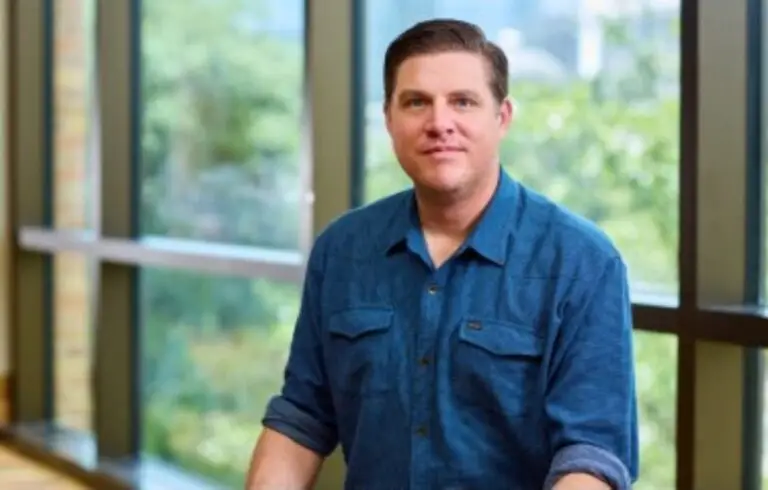
A few months ago, Sheldon Yellen went back to the coney-dog restaurant in suburban Detroit where he got his first job as a dishwasher back when he was 11 years old. One of the owners was still running the place, and that day’s dishwasher was playing hooky.
So, at 59, Yellen—now head of a $1.5-billion property-restoration empire—spent about 45 minutes washing dishes, to help out his first boss, just for the heck of it and maybe for old times’ sake.
“They’re still using basically the same system, the same type of equipment, that I used when I was there 40 years ago,” marvels Yellen, who is CEO of Belfor Property Restoration, based in Birmingham, Mich., and with offices and operations across the United States and around the world. “And you know what, Pete [his old boss] still called me ‘Boy’ just like he did when I was 11 years old!”
Yellen had to take his first job at such an innocent age because his father was severely ill, his mother’s hands were full raising Sheldon and his three younger brothers, they were living on welfare—and they needed the money. His mother would drop him off at the restaurant after each school day and pick him up at about 11 p.m.
“My responsibility first and foremost is to our people. I owe them security and sustainability and a safe, happy working environment.”
But today Yellen has no regrets about being a child laborer, not only because he helped his family survive financially but also because he learned lessons that have proven invaluable, as he thrived first in sales at his in-laws’ company and then eventually took over and built Belfor into the industry-leading enterprise it is today.
Here are 4 lessons he learned from his first job.
1. Treasure opportunity. “I learned that no matter what you’re doing, if you’re lucky enough to be given an opportunity, you need to make the most of it,” says Yellen, who has expanded Belfor relentlessly through organic growth and acquisitions.
“I was only a dishwasher, but someone was taking their hard-earned money and betting on me to do a job for them,” he says. “And if I did it well, poorly or indifferently, they were paying me for that time. I learned how important it was to do that job right because someone was counting on me.”
2. Look for “quiet heroes”. One day when a waitress didn’t show up for work, Pete said, “Hey, Boy,” took off Yellen’s dishwasher apron, and told him to go start waiting on tables. That evening he made $19 in tips, or about three times more than he made in a day’s wages, and secured a new job at Leo’s Coney Island.
“I learned that if you do the right thing long enough and quietly enough and keep doing it, when something comes up and they have a choice to call on you, or two or three other people, they’ll pick the guy or girl who’s been doing the right thing all along,” he says.
In his business today, he looks for those “quiet heroes” when he wants to advance someone. “I don’t care if they’re a carpenter, a painter, a roofer or a guy who does water extraction—I’m looking for good people with heart and integrity and passion and loyalty and compassion. That’s who I’m going to give the next opportunity to.”
3. Value a dollar. Yellen received one of the biggest shocks of his young life at the end of that first evening of waiting on tables. He received a $1 tip from a customer—about as much as his wage for an entire hour—and in his excitement wanted to call his mother. So, he made change for the dollar and used a dime on the house pay phone.
“And she hung up on me!” he remembers. “When she came to pick me up that night, she said, ‘I heard what you said when you called—but you took 10% of that tip and wasted it on a phone call to me. I’ve taught you better than that about the importance of a dollar.’ That was my life lesson in the value of money.”
4. Provide sincere customer service. The key is to “believe that you don’t just need to provide customer service but that you need to provide it times three,” Yellen says.
So, after he was promoted to waiter at 12 years old, “I used to write on every [bill], ‘Thank you,’ when I would put it on the table. I still do that now when I’m a customer in a restaurant; I write, ‘Thank you for your service’ and sign my name. I learned the power of saying thank you to people.”
5. Prioritize employees. Yet Yellen will tell you that Belfor’s employees are even more important than its prized customers. That’s why he personally signs birthday cards for each of the company’s 7,400 employees each year.
“I don’t believe our customer ‘comes first’; our people come first,” he says. “My responsibility first and foremost is to our people. I owe them security and sustainability and a safe, happy working environment.”
And in providing that, Yellen says, he tries to “maintain relationships with as many as I can. I show up at weddings and funerals and graduation parties and family celebrations. And I spend half my time flying around to town hall meetings of our employees.”







